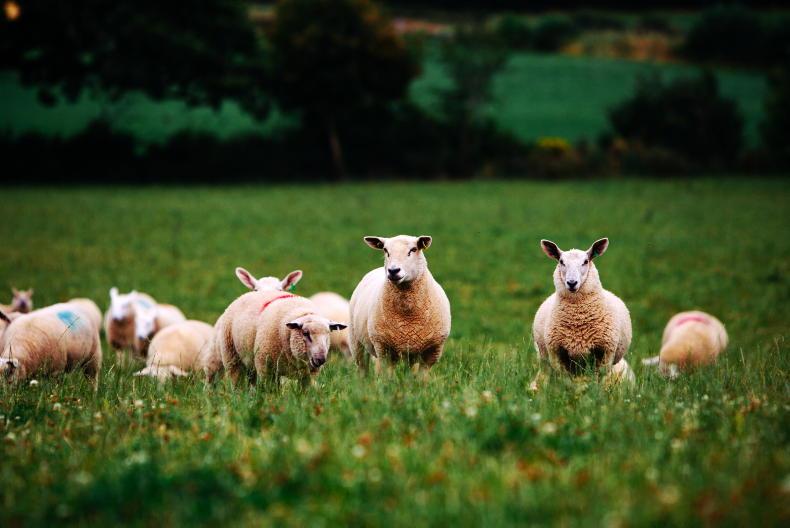The Irish Organic Association is aiming to streamline inspections in the organic sector in future.
Some farmers described the paperwork element as “thorough” and “straightforward”, however, they said that the overlap inspections in the Organic Farming Scheme and Bord Bia audits has put added pressure on to their workloads.
Irish Organic Association CEO, Gillian Westbrook, said there is a national strategy looking at improving the experience of the transition for farmers and how inspections are carried out.
“It’s about where can we reduce duplication and make things more streamlined,” she said.
“If a farmer has their own way of keeping records, as long as it’s actually giving us the information that we require, then we accept all of that. We’re happy to accept Bord Bia’s records when we do our inspections.”
She added that it is not that simple for Bord Bia and organic associations to combine their inspections.
Inspections
“The Bord Bia people wouldn’t be able to do our inspections, it’s a different criterion. There could be overlap that could be broken down, but I don’t know if that would reduce a Bord Bia inspection.”
Westbrook added that the inspections are not in place to punish farmers, but to make sure they are adhering to standards.
“It is not a case of pass or fail; it’s about compliance. With a lot of new farmers coming in, you can expect a few small issues, but there are very [few] big issues.”
“It’s the Department that issues fines, but they would be relatively minor and of little consequence to the farmer other than if it was to be repeated again the following year – then it can increase.
“A lot of well-informed farmers are understanding that this is a really good way to farm. This gives them an independence in terms of not being subject to some price hikes, etc,” said Westbrook.
The Irish Farmers Journal spoke to two farmers about their conversion to organic enterprises.

Offaly farmer, Ross Jackson converted his tillage and sheep farm in 2015 and is now fully organic.
He said that the inspection process is very “thorough” every year to ensure the reputation of the industry stays high.
“If you’re messing in organics, you’re going to be found out very quickly. If one person is breaking the rules, they are letting down the whole industry.”
Paperwork
The Irish Organic Association offers a training course for people that are interested in converting their farms to organic.
Jackson added that it is important to complete the 25-hour training course before signing up.
“When anyone goes to organic first, there’s a lot of rules and regulations. Once you get your head around those, you get into a routine. The toughest part is at the start in making sure you’ve all that right.
“I know the rules and regulations from doing it for the last nine years. It’s second nature to me now.”
Challenges
Jackson said it is important that the market is competitive so the demand for organic produce is high and the price does not drop.
“With so many people going [into organics], the biggest worries are the markets. When we started out, only a half of our sheep went organically because they [factories] didn’t want them, whereas now, there is no issue. But in two years, will it become an issue again?”

Meanwhile, Westmeath suckler and tillage farmer David Fay converted to organic farming in January 2023.
He said there needs to be more options for slaughtering and selling his beef.
“There’s a lot of planning needed in slaughtering organic beef; it’s challenging enough at times. You want to have numbers. If there was more of a variety and growth in it, it would be better.”
Both farmers were positive about their experience in organics and do not plan to leave the sector in the near future.
Fay recommended that people interested should take their time, “look into it and see if it suits your lifestyle.”
Meanwhile, Jackson said: “There’s so many people involved in organics now, so it is easy to go and ask someone for advice compared to nine years ago.”
Value
In 2023, the value of total retail sales of organic food and drinks in Ireland was just under €170m, a 64% increase on the value of sales in 2015.
Bord Bia has cited Germany as a potential key market for Irish organic exports for dairy, beef and lamb, as well as Belgium and the Netherlands.
In addition, a €2.7m EU Organic Beef and Lamb – pasture raised in Ireland campaign was launched across the German, Belgian, Austrian and Swedish markets.
The Organic Farming Scheme has also reopened for applications, with priority access granted to dairy, tillage and horticulture farmers.
